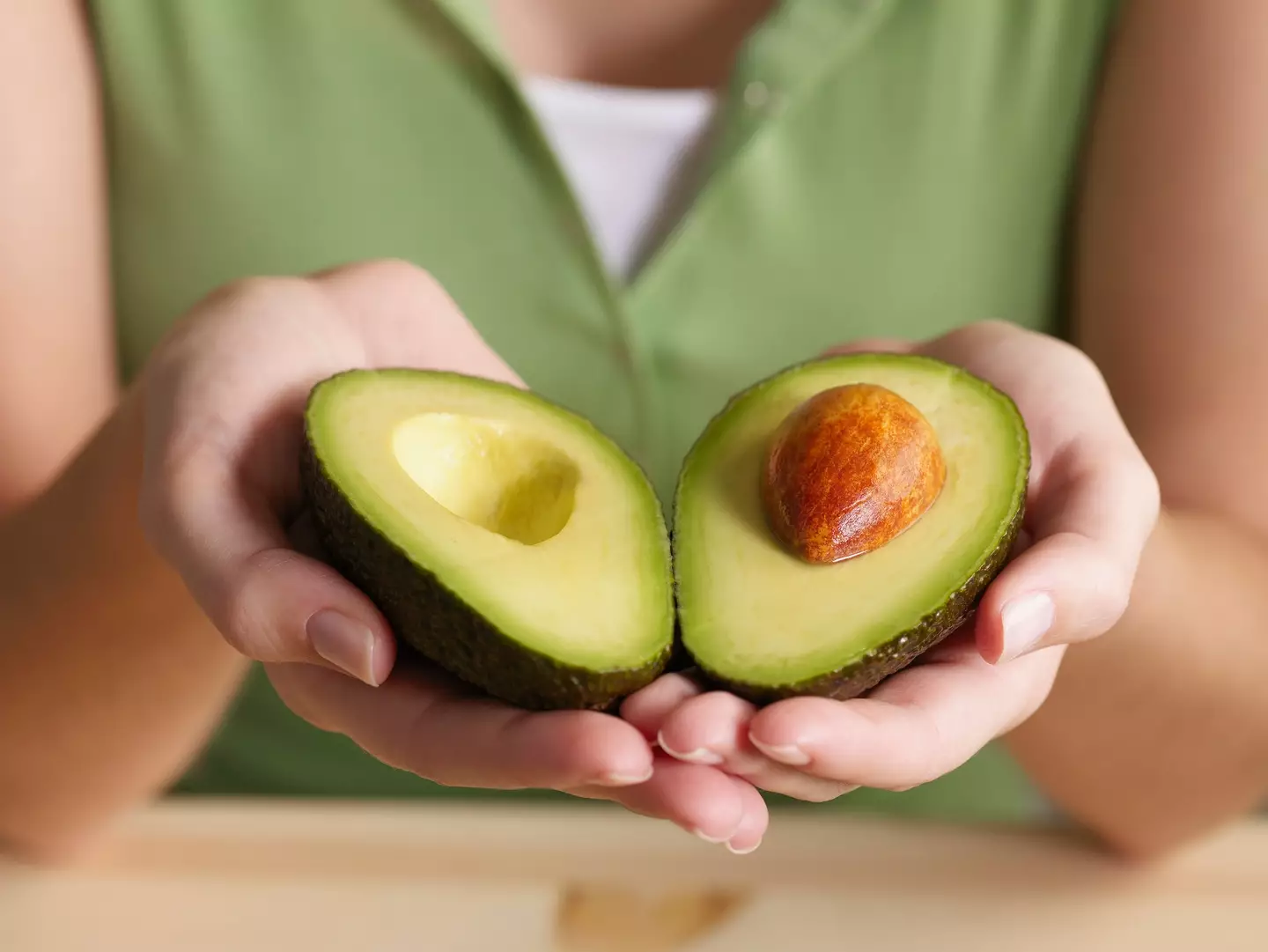
Ischemic heart disease is the world’s biggest killer, accounting for 13% of all deaths in 2021. That’s a staggering figure, and it’s been rising since the turn of the century.
While some risk factors, including age, sex, ethnicity and family history are set in stone for some of us, but you can cut your risk by monitoring your blood pressure and taking measures to keep it in a healthy range, lowering your cholesterol, quitting smoking, maintaining a healthy weight, adopting a physical lifestyle, and opting for a diet like the Mediterranean or DASH options.

Diabetes is also a risk factor, with type 2 diabetes being the type that people typically develop as a result of lifestyle choices. High sugar intake causes blood sugar spikes, so your body releases more insulin to regulate it.
Advert
Over time, high blood sugar can make your body resistant to its own insulin, and once that happens you’ll generally need to monitor your blood-glucose levels and take insulin injections.
In other words: take care with your sugar intake and avoid becoming overweight or obese if you can. If your BMI is already classified as overweight or obese, it’s highly recommended that you make lifestyle changes to bring your weight down and cut your diabetes risk.
If you’re making changes to your diet with the aim of protecting your heart health, there’s one food in particular that’s worth adding to the shopping list.
Cardiologist Dr Sarah Alexander spoke with EatingWell to share the powerful effect her favourite fruit can have on your carviovascular health: avocados.
Millennials and Gen Z regularly get pilloried for eating avocados rather than buying houses – the less said about that, the better – and they’re considered to be relatively bad for the environment thanks to their high water needs.
Those drawbacks aside, avocados are fantastic for us. They’re packed with free radical-battling antioxidants, vitamin K, vitamin C, vitamin E, folate, and a host of B vitamins. They also come with fibre, magnesium and, crucially, potassium.
“Potassium helps lower blood pressure by decreasing the effects of sodium,” explained Dr Alexander.
The antioxidants, carotenoids and vitamin E are all beneficial for blood vessels and can help to reduce LDL cholesterol in the body.
They’re also rich in polyunsaturated and monounsaturated fats, which unlike their saturated and trans cousins are actually good for our hearts and can also help to reduce cholesterol.
It doesn’t stop there, with Dr Alexander also highlighting their cholesterol-lowering plant sterols.

“Plant sterols can lower cholesterol by preventing absorption of cholesterol, and lower cholesterol can reduce your risk of developing cardiovascular disease,” she explained.
EatingWell noted that plant sterols are so good as fighting LDL cholesterol absorption that they can cut it by 10% within the body.
Do: consider eating more avocados.
Don’t: spend your housing deposit on them. Nobody needs £15,000’s worth of avocados, you silly sausage.
